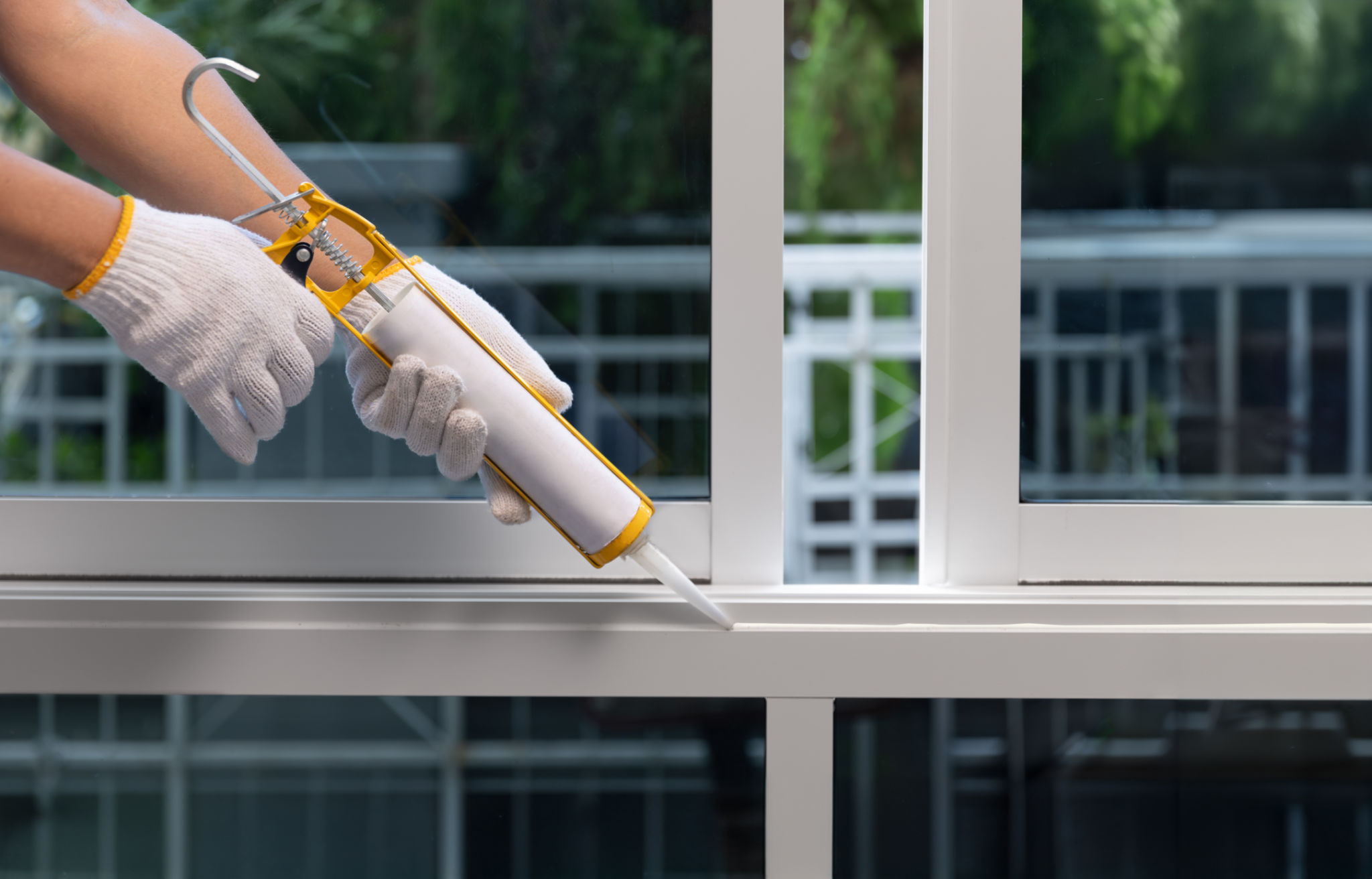Top Tips for Preparing Your Plumbing for Winter
SP
Insulate Your Pipes
As winter approaches, one of the first steps in preparing your plumbing is to insulate your pipes. Pipes exposed to cold temperatures are at risk of freezing and bursting, which can lead to costly repairs. Use foam pipe insulation sleeves to cover exposed pipes in basements, garages, or exterior walls. This simple step can save you from major headaches later on.
Consider using heat tape or heat cables for pipes in unheated areas. These tools provide an extra layer of protection against freezing temperatures. Make sure to follow the manufacturer’s instructions when installing these products.

Check for Leaks
Before winter sets in, it’s crucial to check for any existing leaks in your plumbing system. Even small leaks can worsen over time due to the expansion and contraction caused by temperature changes. Inspect faucets, showers, and exposed pipes for any signs of drips or leaks.
If you notice any leaks, fix them immediately. Tighten loose fittings or replace worn washers to prevent further damage. Regular maintenance can help ensure your plumbing remains in good condition throughout the winter months.
Outdoor Faucets and Hoses
Don’t forget about your outdoor plumbing fixtures. Disconnect and drain garden hoses before storing them away for the winter. Leaving hoses connected can cause water to back up into the faucets, leading to freezing and potential damage.

Prepare Your Water Heater
Winter is a good time to give your water heater some attention. Check the temperature setting on your water heater and set it to 120 degrees Fahrenheit for optimal efficiency. This not only prevents scalding but also reduces energy consumption during the colder months.
Additionally, consider flushing your water heater to remove any sediment buildup. Sediment can cause your water heater to work harder than necessary, reducing its efficiency and lifespan. Regular maintenance will ensure it operates smoothly when you need it most.
Seal Gaps and Cracks
Inspect your home for any gaps or cracks that could allow cold air to reach your plumbing. Use weather stripping or caulk to seal any openings around windows, doors, and walls where pipes may run. Keeping cold air out helps maintain a stable temperature around your plumbing system.

Check areas like the attic and basement for drafts as well. Ensuring these spaces are properly insulated will help protect your plumbing from freezing temperatures.
Know How to Shut Off Your Water
In case of an emergency, it’s essential to know how to shut off your water supply quickly. Locate your main water shut-off valve and ensure it’s accessible and in good working condition. Being able to turn off the water promptly can prevent significant damage if a pipe bursts.
If you’re unsure where your shut-off valve is located, consult a plumber for assistance. It’s better to be prepared and informed before an emergency arises.